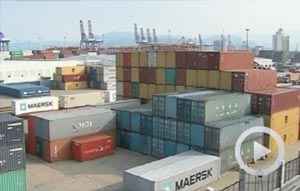Japan should face up to history
Updated: 2013-07-07 15:10
(Xinhua)
|
||||||||
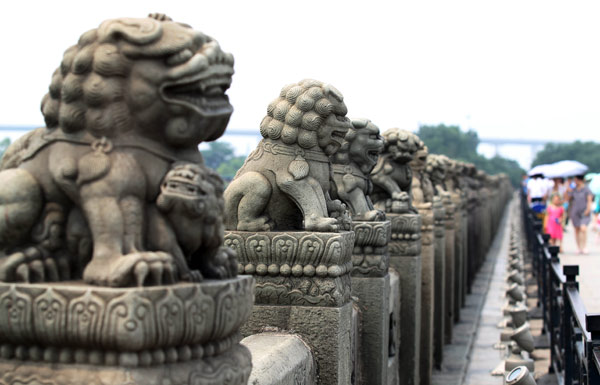 |
|
Visitors look at stone lions on Lugou Bridge, also known as the Marco Polo Bridge, which was attacked by the intruding Japanese forces on July 7, 1937,in Beijing, July 7, 2013. [Photo by Zhu Xingxin/Asianewsphoto] |
BEIJING - For the Chinese people, July 7, 1937 is a day etched on their minds. It was the day which marked the beginning of the eight-year-long China's War of Resistance Against Japanese Aggression.
Nowadays, the 1.3 billion Chinese people could still feel the pain, because of not only the atrocities of the aggression, but also the current Japanese government's denial of the history.
Today, the July 7 Incident, or the Lugouqiao Incident, should bear greater significance for Japan than for China.
Japanese Prime Minister Shinzo Abe, since taking office last December, has repeatedly made remarks seen as attempts to whitewash Japan's wartime atrocity. He has gone so far as to say that there is no clear definition of aggression and raise questions over Japan's past war apologies.
Ancient Chinese talents suggested that people should often look into the mirror of history to avoid making reckless decisions that could endanger their country.
The Japanese government, however, is trying to get rid of the mirror. That's why Tokyo made the decision, among others, to nationalize some of the Diaoyu Islands, an integral part of the Chinese territory, last year, raising hackles of Beijing and badly impacting the ties between Asia's two largest economies.
In a recent development, Abe on Wednesday criticized China for shutting "all the doors" to dialogue because of the countries' territorial disputes.
The accusation is ridiculous. Historical issues are the foundation of every bilateral ties, without a proper settlement of these issues, the skyscraper of bilateral relationships is doomed to collapse some day in the future.
The irresponsible remarks and decisions indeed endanger Japan. By indulging the rightist tilt and engaging in costly territorial disputes with neighbors, Japan could be drifted away from the endeavor to boost its stagnant economy.
The world's third largest economy only after the United States and China, has already slid further into the fourth recession in the past 12 years.
Furthermore, the recklessness of Tokyo, concerning not only China but a few other countries, could affect Asia as a whole by sowing seeds of instability into the region and placing blockade into the continent's economic cooperation.
As one of the important players in Asia and on world arena, it is high time for Japan to have a responsible attitude when it comes to the problems of history and respect the feelings of the Asian people.
The Japanese wartime aggression, like a ghost still haunting the ties between Japan and its neighbors, would not go unless Japan picks up the mirror of history as a first step and pursue the path of peaceful development.

 Asiana flight crashed at SFO (Pictures)
Asiana flight crashed at SFO (Pictures)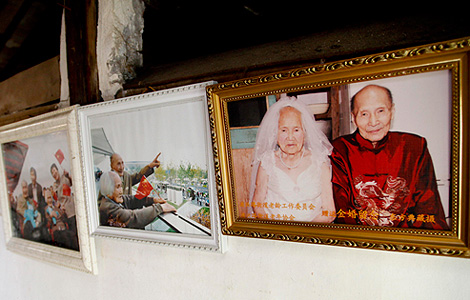
 Finding everlasting love
Finding everlasting love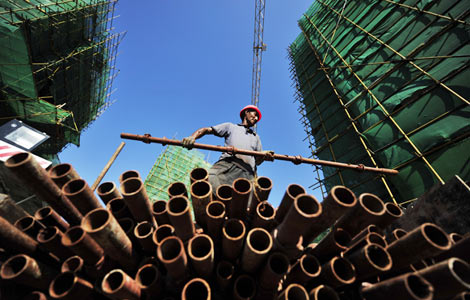
 Heat stroke death raises concerns for outdoor workers
Heat stroke death raises concerns for outdoor workers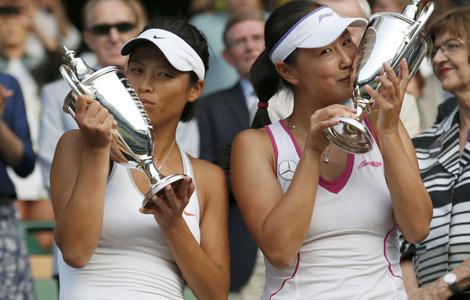
 Peng, Hsieh win Wimbledon women's doubles title
Peng, Hsieh win Wimbledon women's doubles title
 Train explodes, levels center of Canada town
Train explodes, levels center of Canada town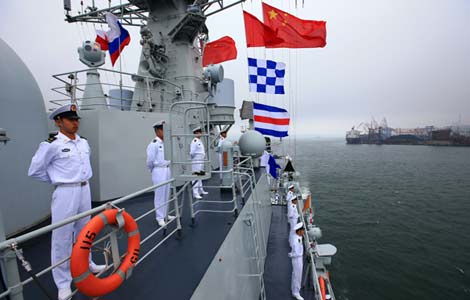
 China-Russia navy drill furthers ties
China-Russia navy drill furthers ties
 Famed monkey takes a new direction in New York
Famed monkey takes a new direction in New York
 Djokovic, Murray to vie for Wimbledon title
Djokovic, Murray to vie for Wimbledon title
Most Viewed
Editor's Picks

|

|

|

|

|

|
Today's Top News
Gunmen kill 21 in northeast Nigeria school
Solar plane lands in NY, completing journey
Japan set to restart reactors after nuclear crisis
Sino-Swiss free trade pact signed in Beijing
First panda born in Taiwan is female
Efforts help channel funds into real economy
Koreas agree in principle to reopen industrial park
2 Chinese dead in San Francisco air crash
US Weekly

|

|

